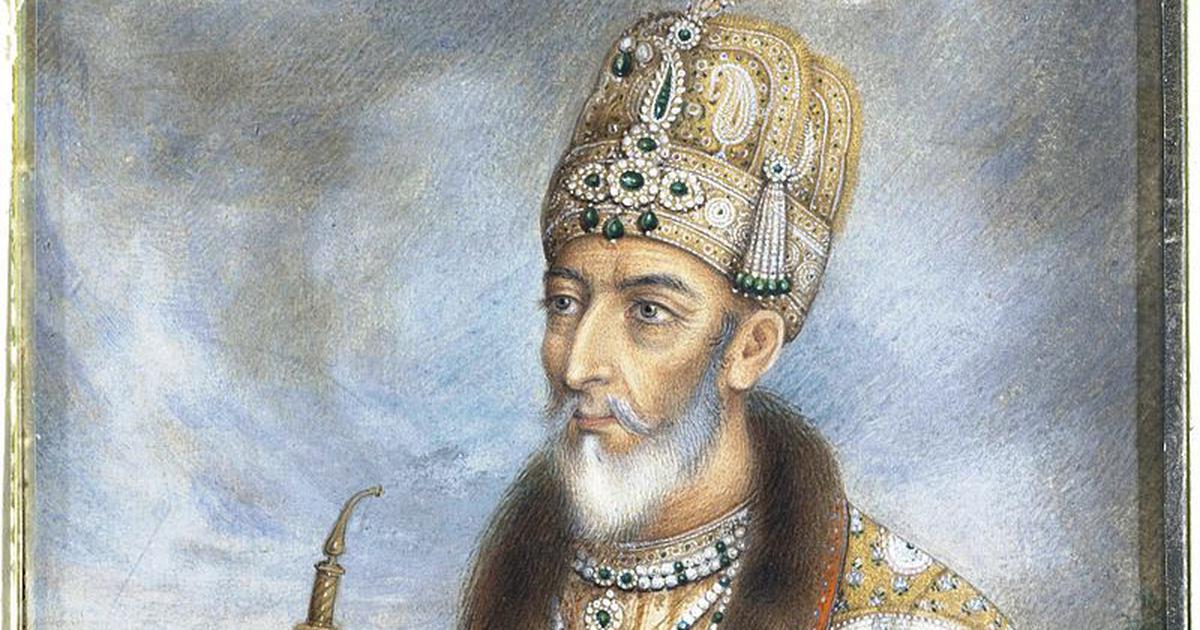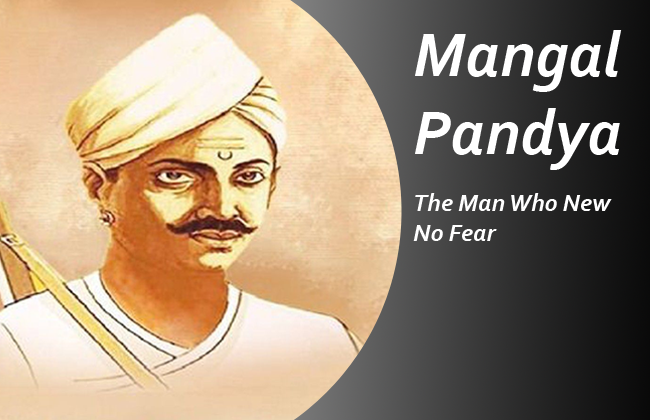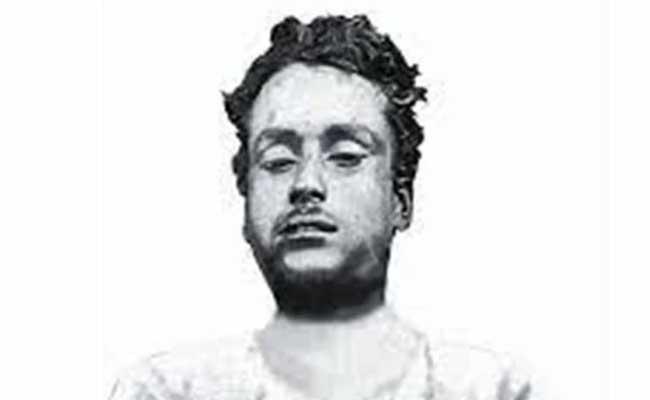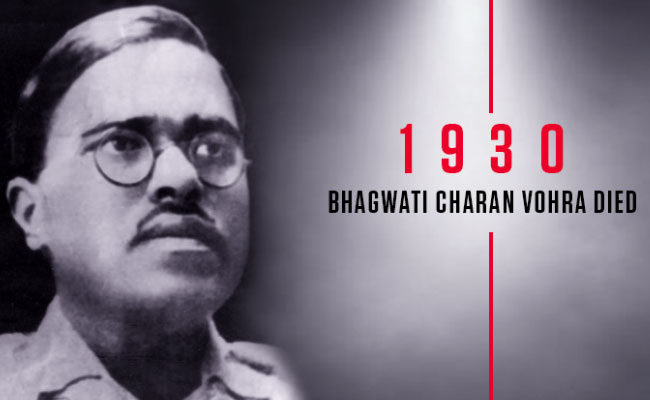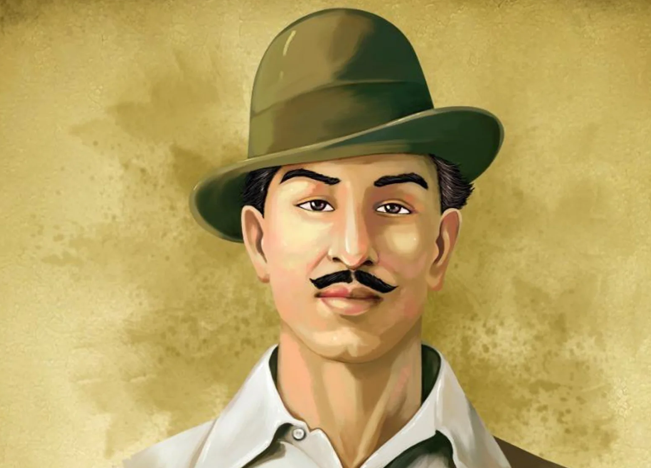Bahadur Shah Zafar, born on October 24, 1775, was the last ruler of the Mughal Empire, a dynasty that once dominated the Indian subcontinent. His reign marked the end of a glorious era marked by cultural development, military victories, and notable contributions to art and literature. Jafar’s life and legacy are a poignant reflection on the complexities of colonialism, nationalism, and identity in 19th-century India.
Early life and rise to power of Bahadur Shah Zafar
Bahadur Shah Zafar was born into the Mughal dynasty, the son of Akbar Shah II. His early life was marred by the waning power of the Mughal Empire, as the British East India Company steadily expanded its control over India. Jafar ascended the throne in 1837 after his father’s death, but he was more of a personality than a ruler, with real power vested in the British. Despite the waning political influence of the Mughals, his court in Delhi became a center of culture, attracting poets, artists, and scholars.
Cultural contribution of Bahadur Shah Zafar
Jafar was not only a king but also a passionate poet and patron of the arts. His love for Urdu poetry is well documented, and he composed numerous ghazals that expressed his feelings about love, loss, and human struggles. He was known for his emotional depth and eloquence, which earned him acclaim in literary circles. His poetry often reflected the socio-political challenges of his time and he became a symbol of resistance against colonial oppression.
Role in the Rebellion of 1857

The Mutiny of 1857, also known as the Sepoy Mutiny, was a turning point in Indian history. Zafar emerged as a symbolic leader during this revolt against British rule, although he initially had limited military power. The rebellion was fueled by widespread discontent among Indian soldiers and civilians due to the oppressive policies, economic exploitation, and cultural sensitivities of the British.
To gain momentum, the rebel sepoys declared Jafar the emperor of India. His symbolic presence united various groups fighting against British rule. However, the revolt was met with brutal repression, and by the end of 1857, the British had regained control, leading to the collapse of the Mughal Empire.
Decline and Exile
After the British suppressed the rebellion, Jafar was imprisoned, tried for treason, and deposed. In 1858, he was exiled to Rangoon (present-day Yangon, Myanmar), where he lived in relative obscurity until his death on November 7, 1862. Jafar’s fall marked the formal end of the Mughal Empire and the direct introduction of the British. The rule in India was known as the British Raj.
legacy
Bahadur Shah Zafar’s legacy is multifaceted. He is remembered as a tragic figure who represented the fall of a great empire and the cultural prosperity of Mughal India. His poetry continues to resonate with audiences today, reflecting themes of love, longing, and resistance. Jafar’s role in the rebellion of 1857 made him a key figure in the Indian freedom struggle, inspiring future generations of freedom fighters.
In contemporary India, Jafar is considered a symbol of resilience and cultural heritage. His story serves as a reminder of the complexities of colonial history and the lasting impact of the Mughal dynasty on Indian society.
Bahadur Shah Zafar remains a significant historical figure whose life encapsulates the cultural and political turmoil of 19th-century India. From his poetic contributions to his role in the struggle against colonial rule, Jafar’s legacy is enduring, reminding us of the rich tapestry of Indian history and the ongoing search for identity and freedom.
Read Also: Rani Lakshmibai The Warrior Queen of Jhansi
![]()

